Life is Full of Difficulties, But Love Makes It Easier to Get Through Them
We all experience difficulties in life. Some are more severe than others. Sometimes these situations can suck us down into depression and we just want to hide under the covers and stay there.
This is how Naomi felt after their family moved because where they lived was experiencing a famine. Then after moving, her husband died. Her sons both married and then a few years later they died. This was a lot to handle.

Then Naomi heard that the famine was over. She still had family there…so she decided to move back. Her daughters-in-law decided to go with her. Naomi told them they would be better off staying there with their families. Ruth, one of the daughters-in-law was having none of it. She loved Naomi and was going with her.
Ruth told Naomi, “Wherever you go, I will go. Wherever you sleep, I will sleep. Your people will be my people. Your God will be my God. Where you die, I will die, and that is where I will be buried.” Ruth 1:1-18
Life is full of difficult decisions, but they are much easier when we have the support from people we love and that love us.
This is what true love looks like.
Too often, we associate love with romance and forget how much more it is. It is so much more than the romantic love. There are four types of love –
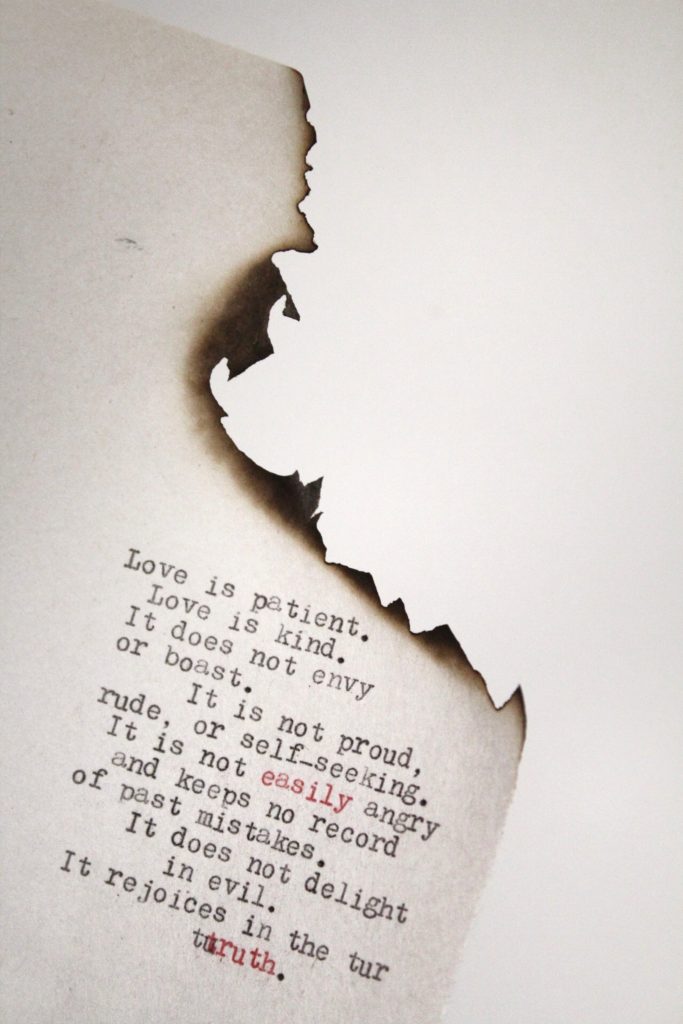
- Affection – Affection covers an array of loves. The care of mother to baby is a picture of affection. It relies on the expected and the familiar. “Affection almost slinks or seeps through our lives. It lives with humble, un-dress, private things; soft slippers, old clothes, old jokes, the thump of a sleepy dog’s tail on the kitchen floor, the sound of a sewing-machine…”
- Friendship – Friendship is the love dismissed. “To the Ancients, Friendship seemed the happiest and most fully human of all loves, the crown of life and the school of virtue. The modern world, in comparison, ignores it.” Friendships have begun faith movements, developed entire areas of thought, and contributed to many projects from art to business.
- Romantic – Different than friendship, lovers, “are always talking to one another about their love” and “are normally face to face, absorbed in each other.” There’s a reason Scripture teaches this bond of man and woman, from Genesis onward, is the picture of God’s love for the world, Christ for his bride, the church. When we discover afresh that romance is more deeply set than the drivel served up by our culture, then we will more rightly hold our spouse in the model of unconditional love.
- Charity – This is our chief aim, the unconditional love of the Father given to us through his Son. Affection, friendship and romantic love are each the training ground for charity to grow. We are made to love and we are in want of it. If we play it safe, we are not living out the Gospel, but burying the coin in the safe ground, as the parable says. We are taught in the Scripture to love those who are broken, not for some vague humanitarian effort, but to make disciples of all nations, “baptizing them in the name of the Father and of the Son and of the Holy Spirit, and teaching them to obey everything I have commanded you” (Matthew 28:19-20).
Jesus is love. He is what true love looks like.

After Naomi and Ruth got home, Ruth married Boaz, they had a son named Obed, who was the father of Jesse and Jesse was the father of David. This is the family of Jesus. The love that Naomi and Ruth shared changed their lives and the world’s.
Love is patient, love is kind. It does not envy, it does not boast, it is not proud. It does not dishonor others, it is not self-seeking, it is not easily angered, it keeps no record of wrongs. Love does not delight in evil but rejoices with the truth. It always protects, always trusts, always hopes, always perseveres. (1 Corinthians 13:4-7)
We come from a long line of Love. Go and share that love with everyone you can.




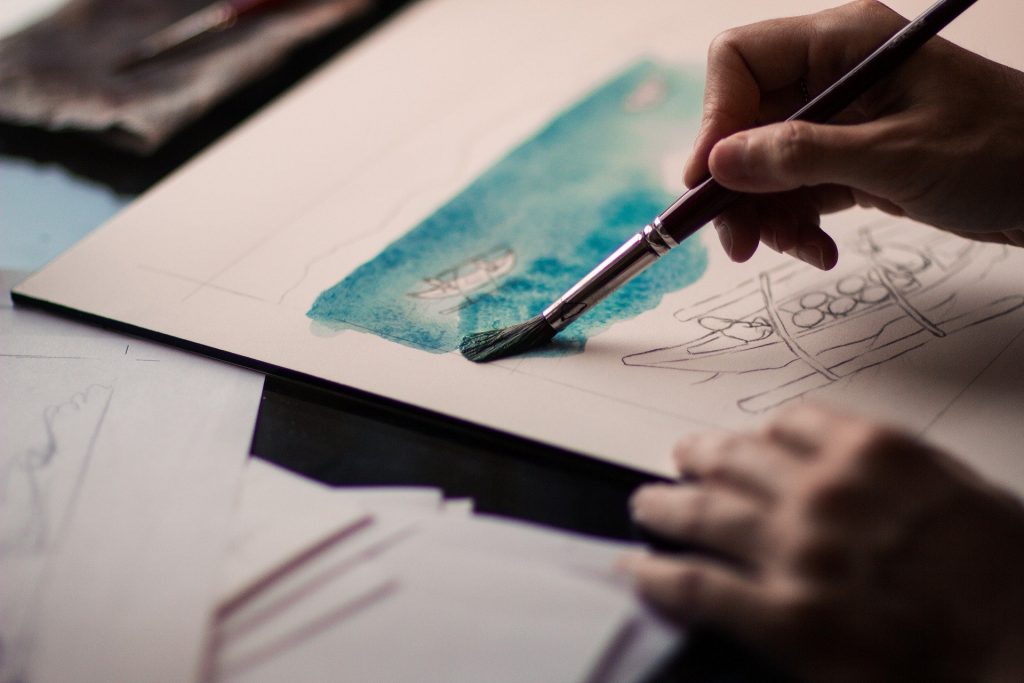


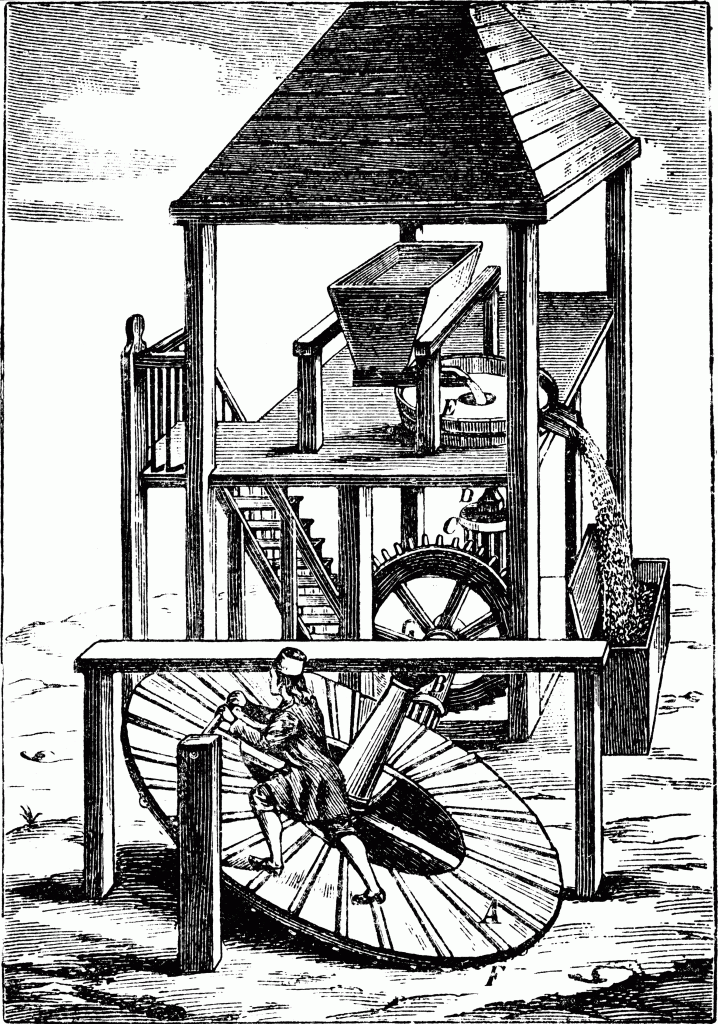



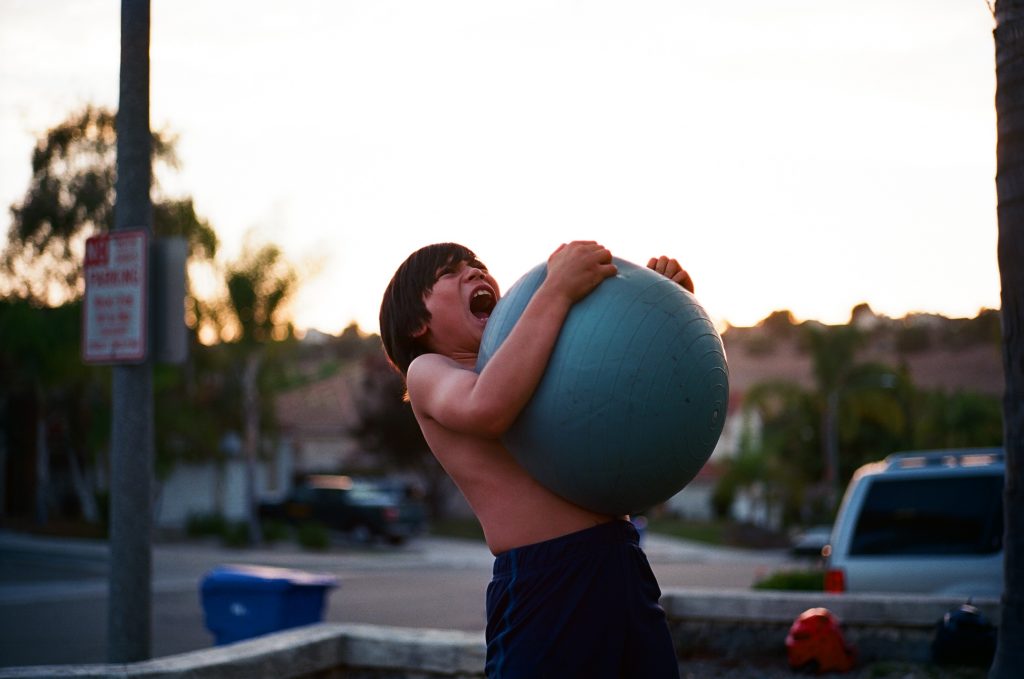
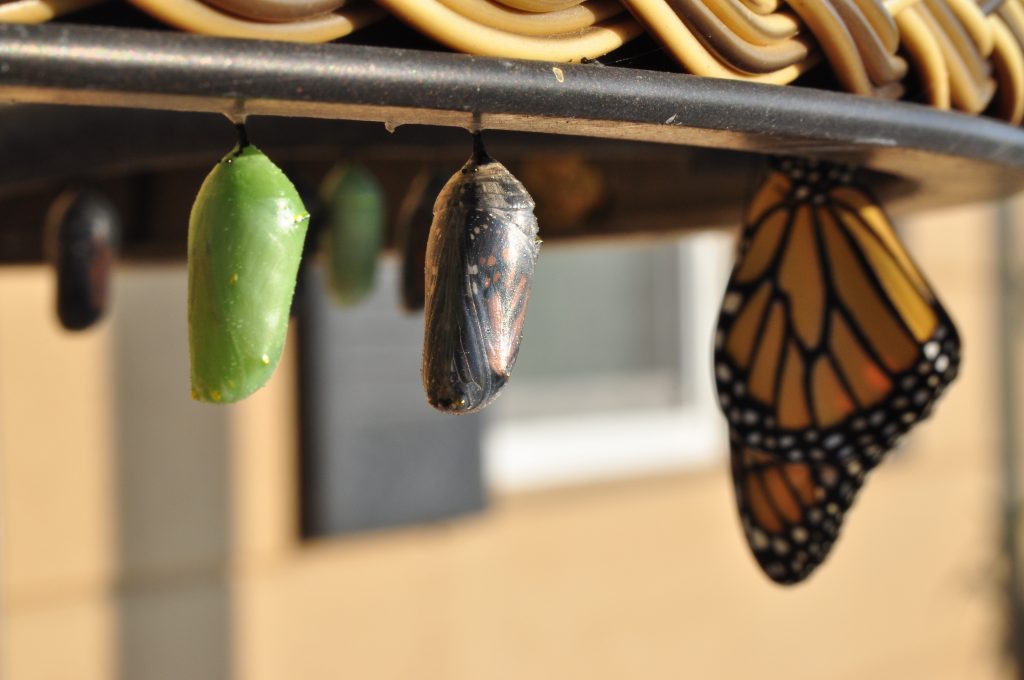
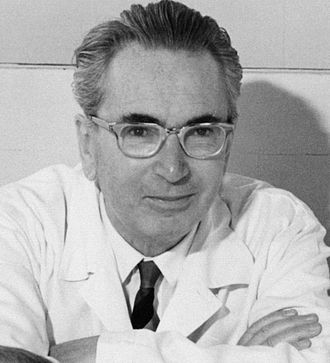
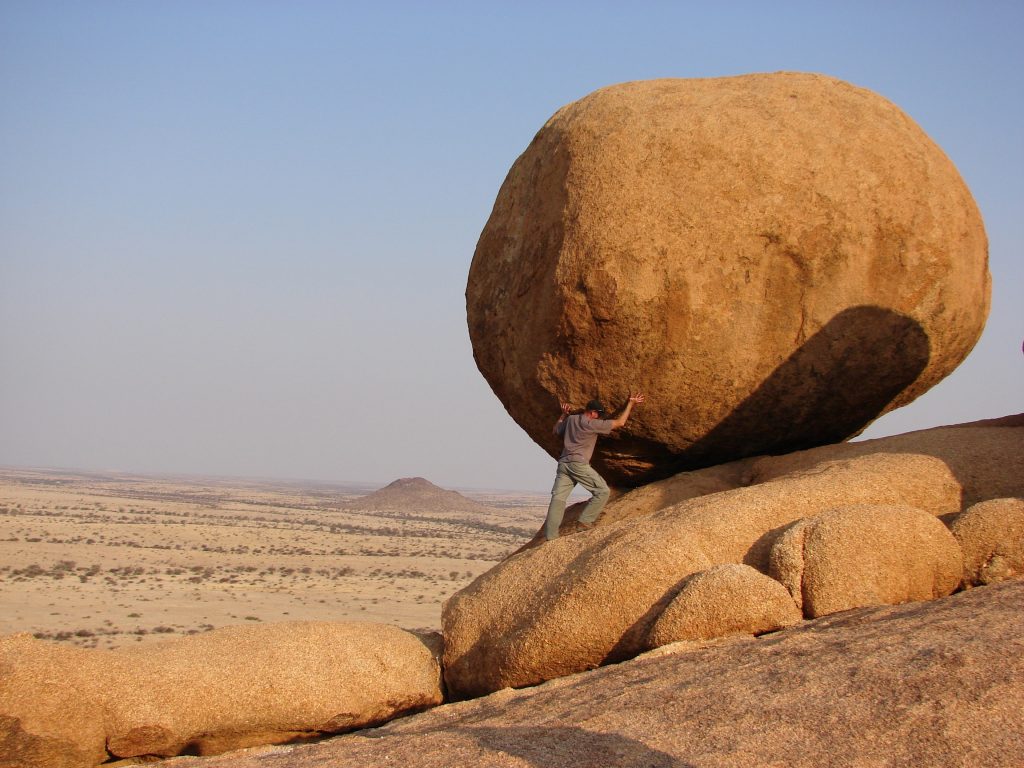






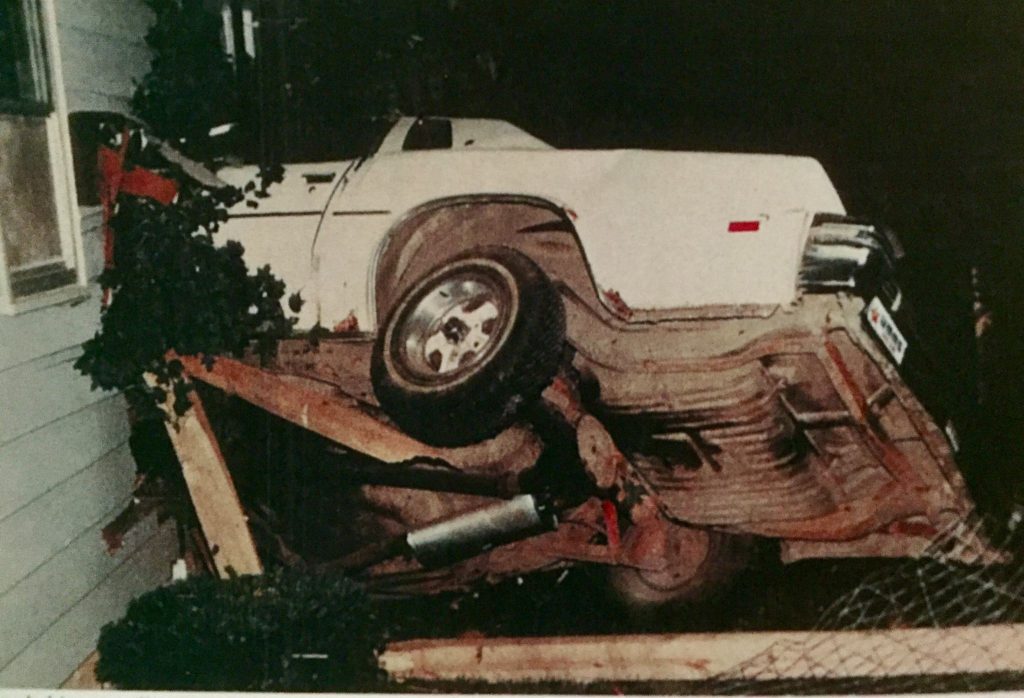
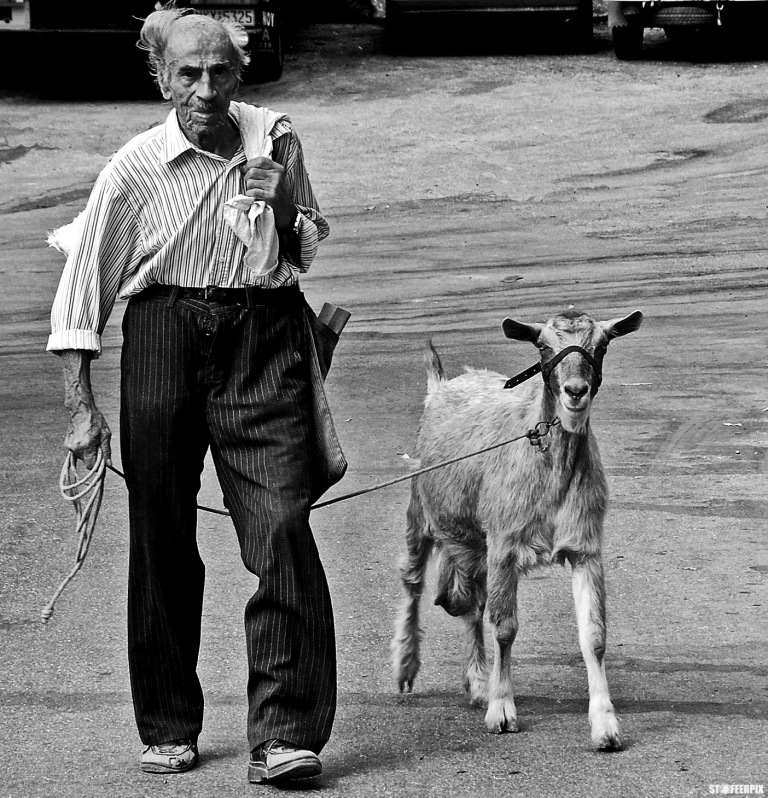


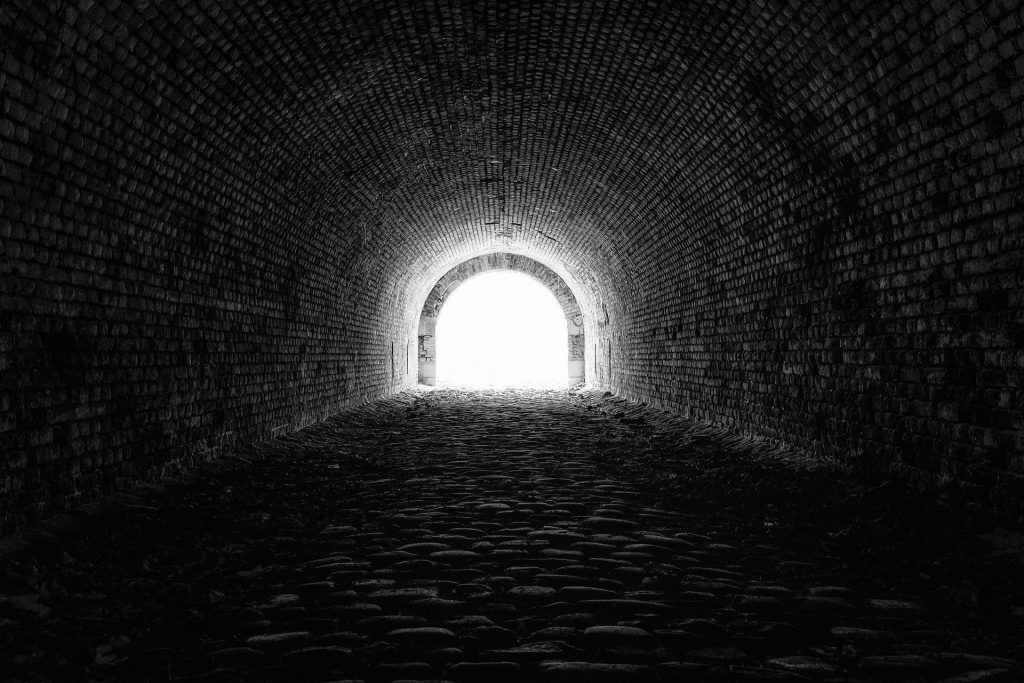
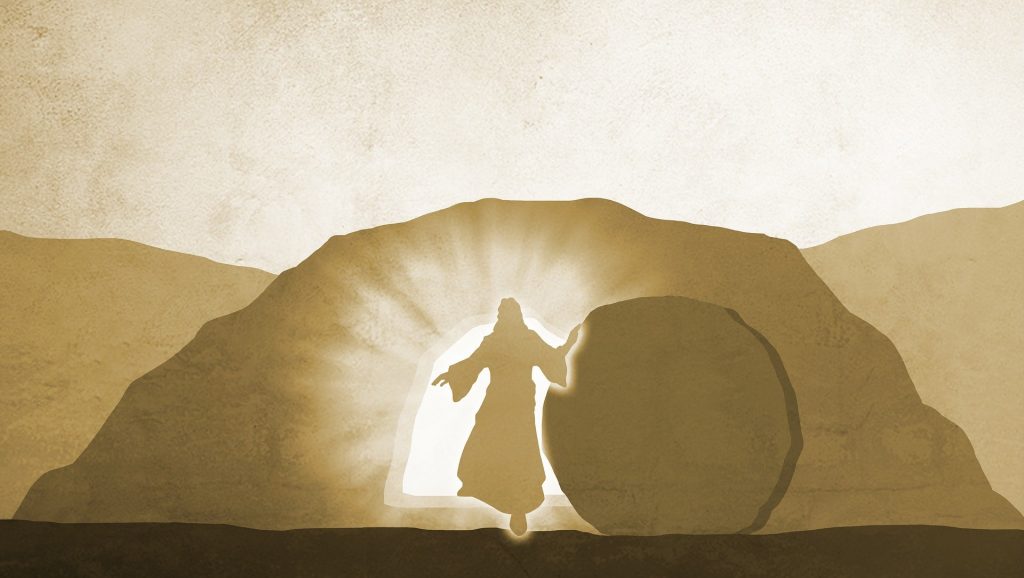

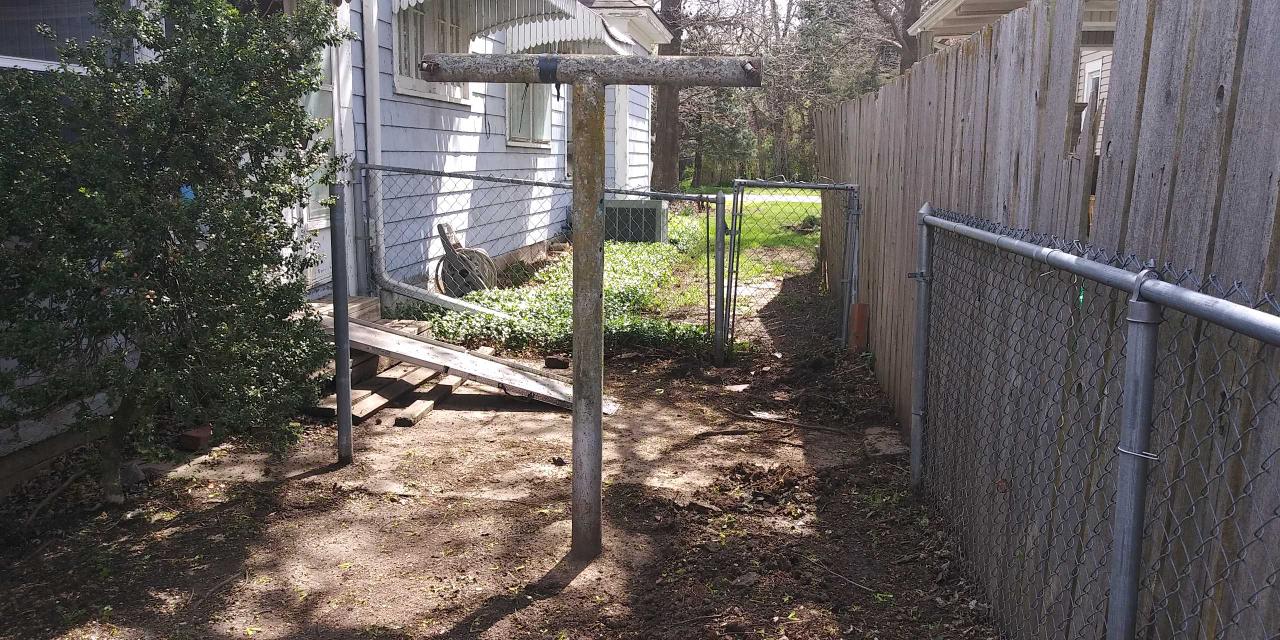
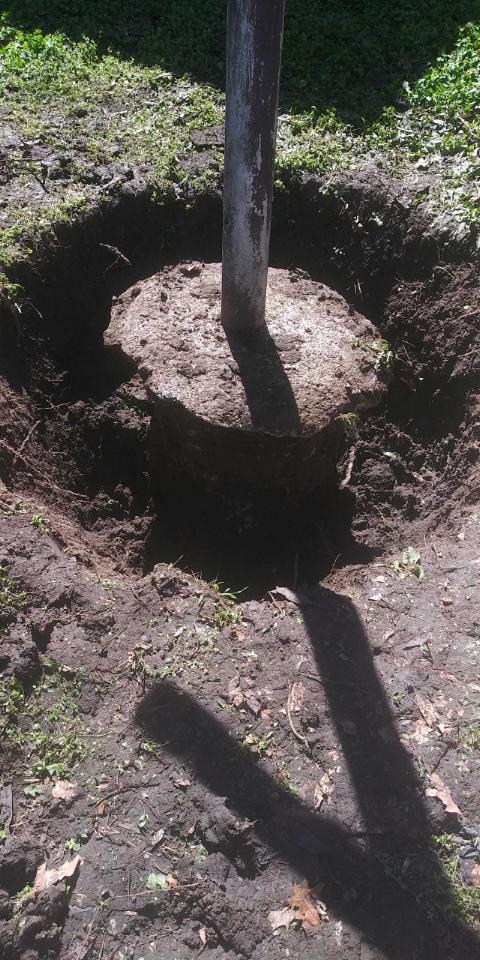
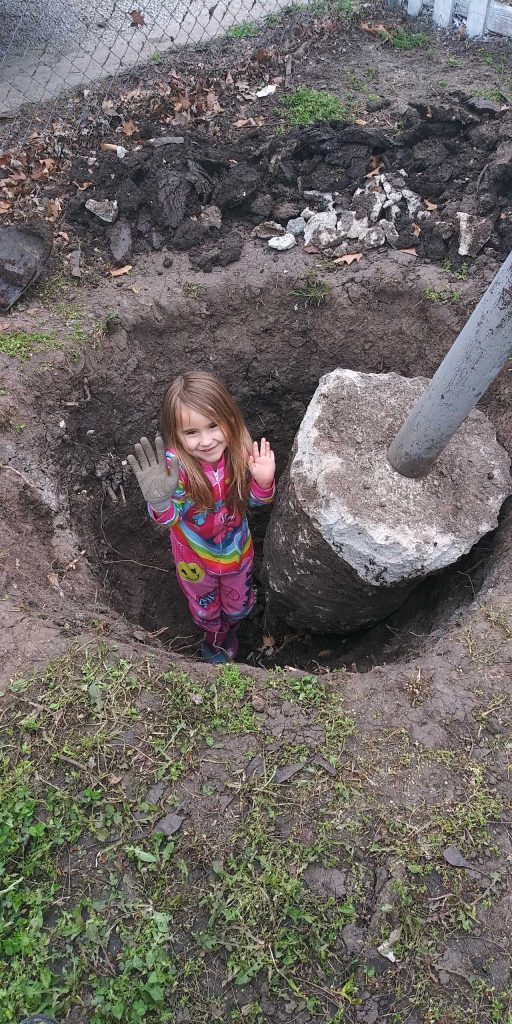
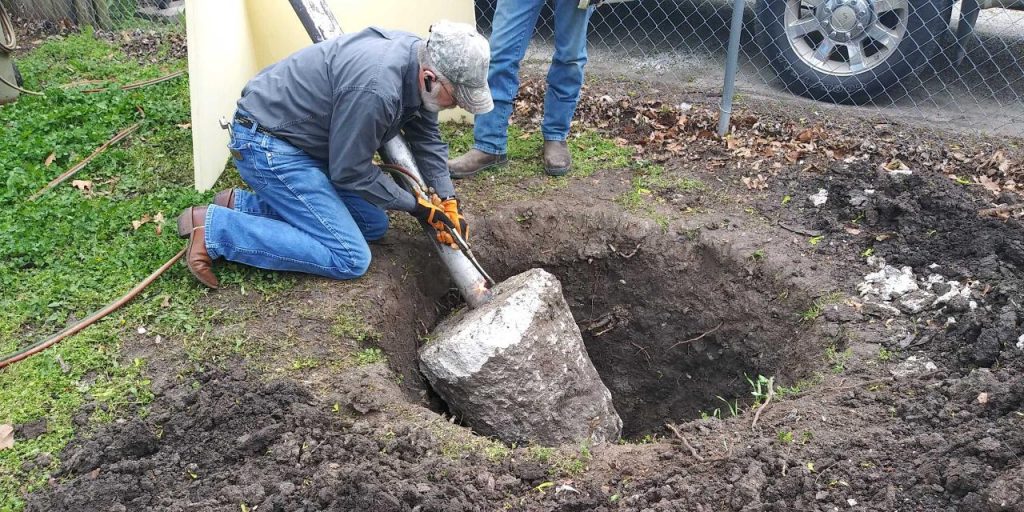
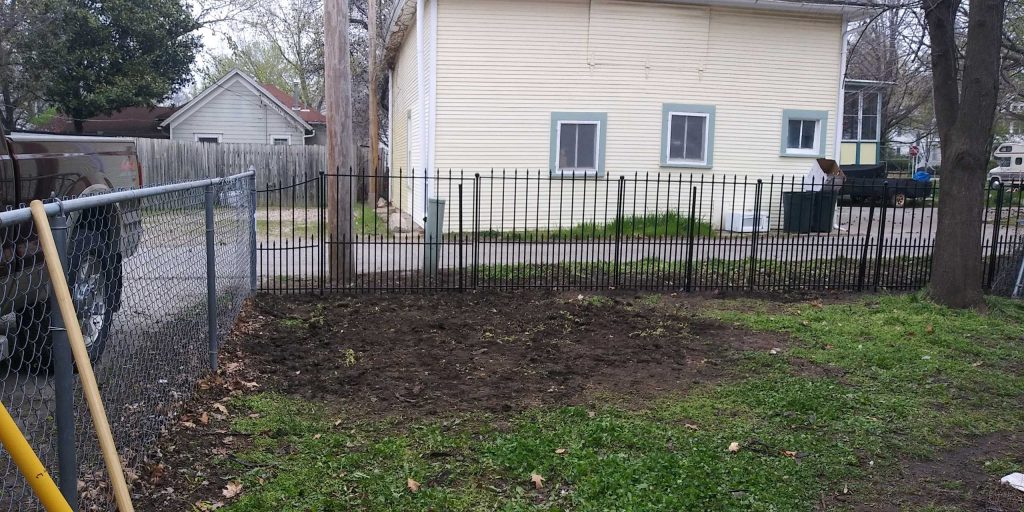
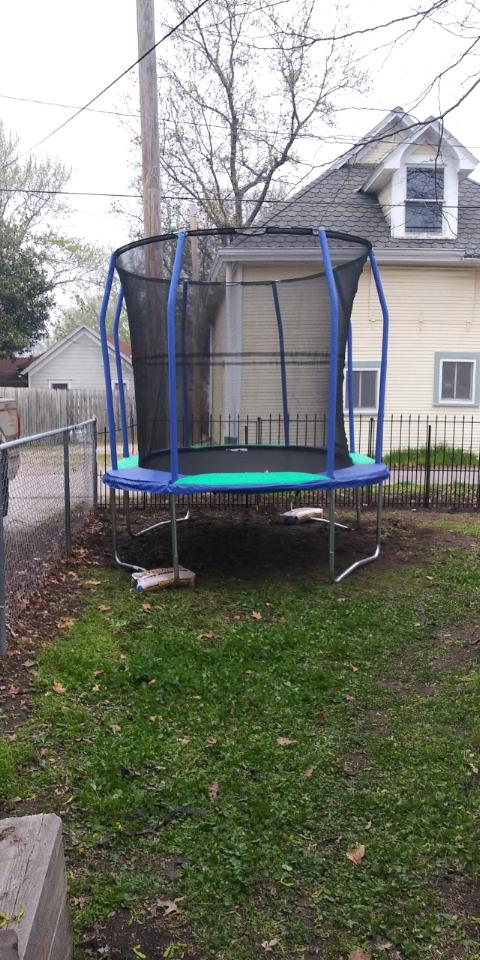
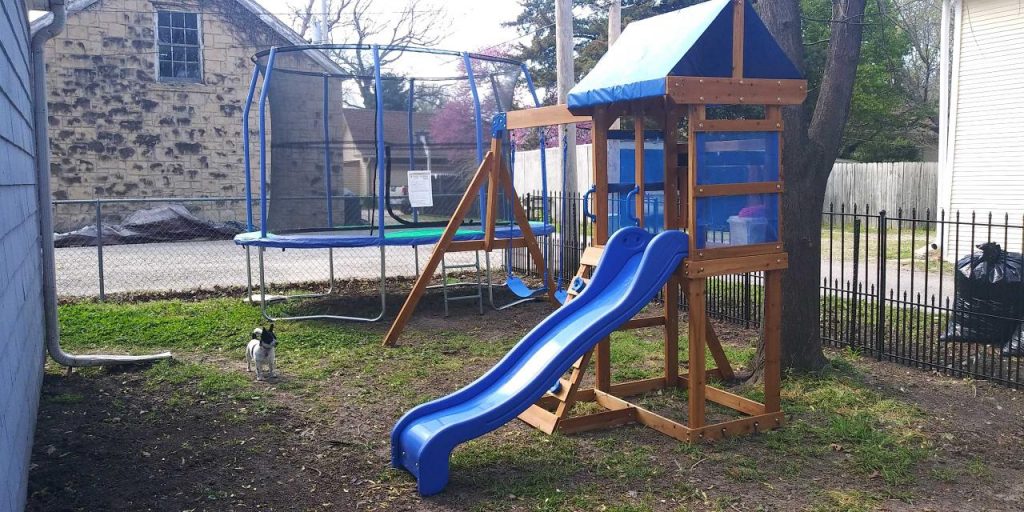
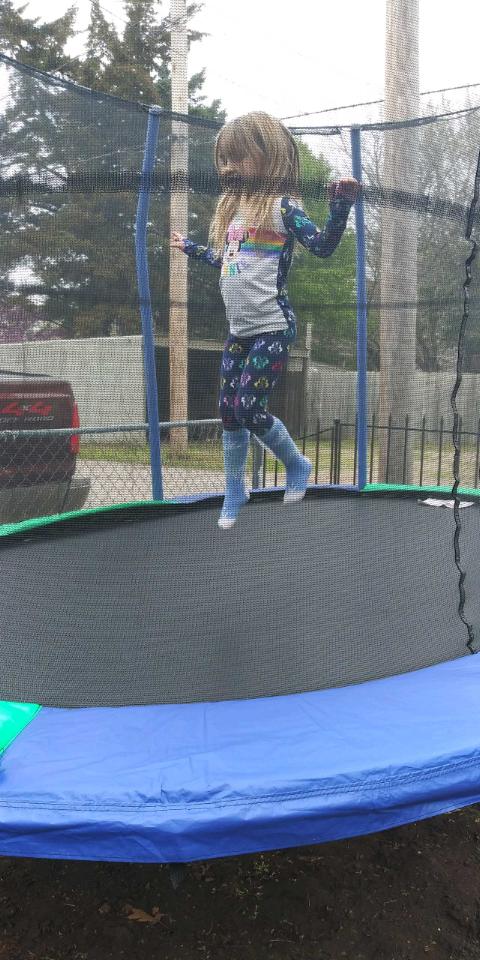


 The first you are probably familiar with; it’s the story of
The first you are probably familiar with; it’s the story of 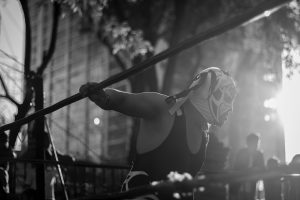 The other story that he told was less popular. It’s a story about a Mexican priest,
The other story that he told was less popular. It’s a story about a Mexican priest, 




